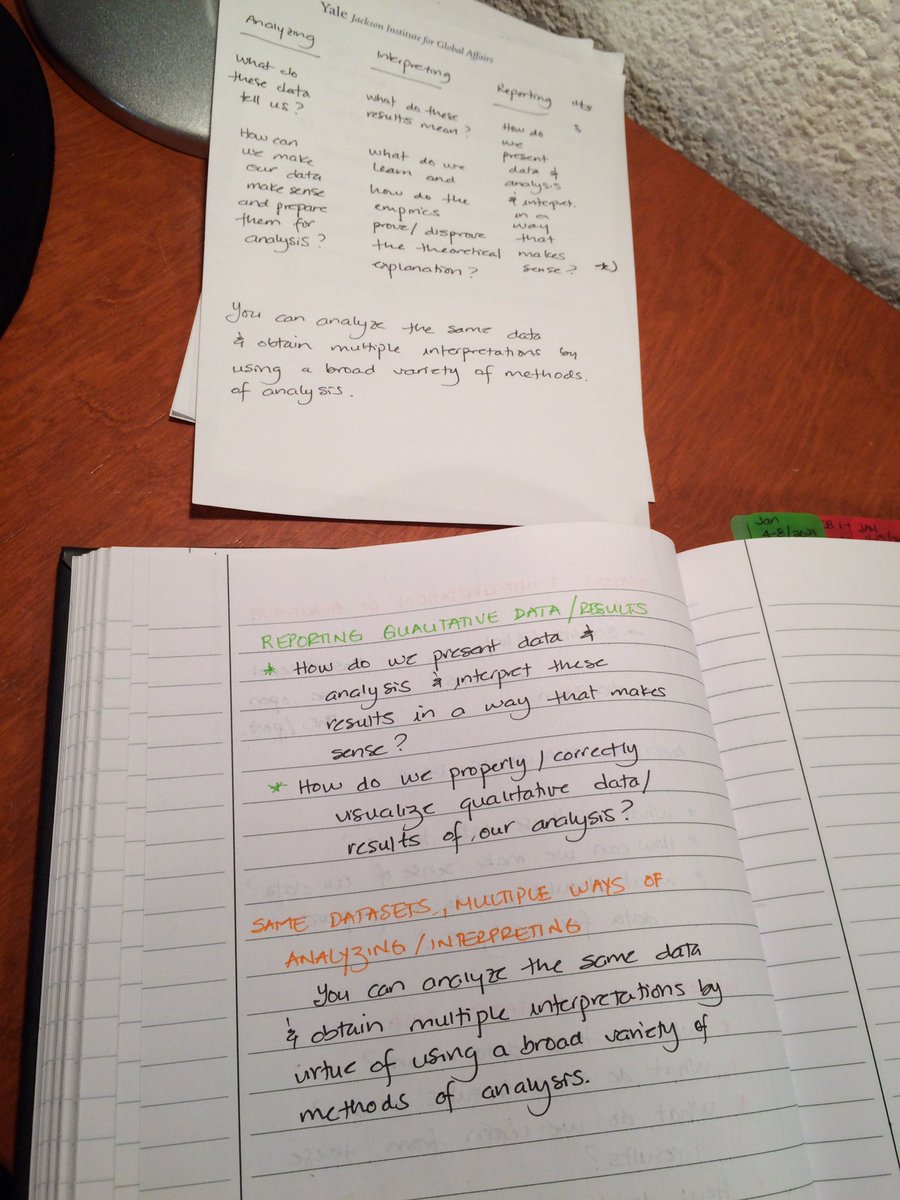
Friends, it's almost 8 in the morning on Wednesday June 30th and it is my duty to remind you that today is a good day to do your planning for July and August.
This short thread will point you to blog posts of mine that might be useful as you engage in this planning process.
This short thread will point you to blog posts of mine that might be useful as you engage in this planning process.
1) While I wrote this blog post to help scholars plan their summers, you can use it to plan one month at a time if you so choose.
raulpacheco.org/2019/04/planni…
2) This post on setting realistic goals should also be helpful raulpacheco.org/2019/09/settin…
raulpacheco.org/2019/04/planni…
2) This post on setting realistic goals should also be helpful raulpacheco.org/2019/09/settin…
3) The TEH Framework (Time, Energy, Health) might help you consider whether you need to change or adjust your plans for July and August raulpacheco.org/2021/06/time-e…
4) Don't forget to write down everything that you achieved! raulpacheco.org/2021/05/writin…
Yes, surviving a pandemic counts.
4) Don't forget to write down everything that you achieved! raulpacheco.org/2021/05/writin…
Yes, surviving a pandemic counts.
IF you are like me and need to plan the entire year (or starting a new position on July 1st), this blog post might be useful to you too.
raulpacheco.org/2016/12/my-yea…
Remember, my process can be adjusted to plan academic year instead of calendar year.
raulpacheco.org/2016/12/my-yea…
Remember, my process can be adjusted to plan academic year instead of calendar year.
• • •
Missing some Tweet in this thread? You can try to
force a refresh







